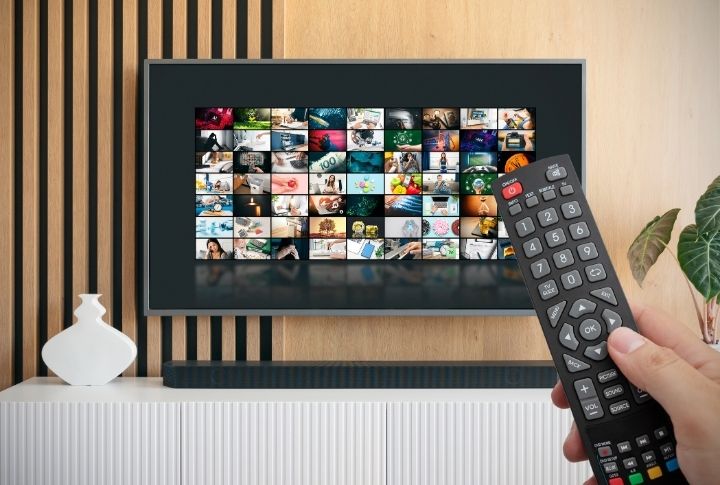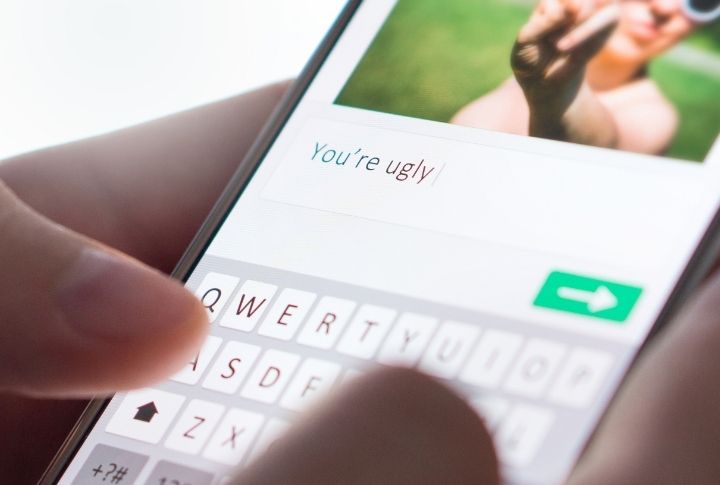
As the digital age continues to unfold, a cultural chasm has emerged between generations. Baby Boomers often find themselves bewildered by the unspoken rules of the online world, where likes, shares, and followers have become the currency of social interaction. Swipe to see 15 modern social norms that baby boomers might find frustrating or hard to accept.
Constant phone use in social settings

The older generation can’t understand why people can’t put down their phones during meals, conversations, or social gatherings. It’s seen as rude and disrespectful when youngsters prioritize screens or virtual communication over real human connection and community.
Using social media for political arguments

Elderly Americans yearn for meaningful political discussions, but social media’s instant gratification often leads to shallow debates and polarization. They long for the nuance and depth of face-to-face conversations where complex issues can be explored.
Taking selfies at inappropriate times

Gen Z and millennials enjoy taking selfies as a form of self-expression and online identity. However, seniors find selfies taken in inappropriate settings or serious news events, to be brazen and attention-seeking.
Dating Apps

Dating apps have created a new norm, but the concept of swiping often perplexes older adults. They might wonder how a potential partner’s character, values, and compatibility can be gauged from a single photo or brief bio. Or how meaningful relationships can be formed without substantial conversation.
Streaming services replacing TV

The way we consume entertainment has been revolutionized by streaming services. Traditionalists may find it weird to abandon TV schedules, but for younger generations, it’s a natural way to watch what they want, when they want.
Oversharing personal life on social media

Social media has blurred the lines between public and private life, with people sharing intimate details and experiences with their online networks. Golden agers may find it invasive to share personal information with strangers, but for younger generations, it’s a way to connect and build community.
Online shopping and digital payments

With e-commerce and digital payments on the rise, shopping and financial management have taken a new shape. While the digital kids find it convenient and efficient to purchase goods and services, the vintage generation may seem cynical about online transactions.
Using TikTok for entertainment

Short-form videos have changed entertainment, offering a constant stream of funny, creative, and entertaining clips. Many people love this type of content; but boomers might not understand the appeal of bite-sized videos of dance, music, or comedy.
Online gaming and esports

Virtual teams and tournaments have become a staple of modern entertainment, thanks to the surge in online gaming and esports. This new line of competition and connection has left some veterans scratching their heads at the way young people forge friendships and share excitement.
Prioritizing celebrity culture over real news

Golden agers get frustrated by the media’s obsession with celebrity news and gossip, which often takes precedence over critical political and social issues. They feel that this trivialization of news undermines the importance of staying informed about current events. They assert that it contributes to a lack of engagement with meaningful topics.
Using social media for cyberbullying and harassment

Elderly Americans are dismayed by the anonymity of online platforms, which can facilitate cruel and intimidating behavior, and worry about the long-term effects on mental health and well-being.
Expecting everyone to be constantly available online

Boomers value their time and space and are amazed by the expectation that everyone should be constantly available online to chat. They believe in prioritizing face-to-face interactions and are concerned that the constant connectedness of modern life is eroding genuine human connections and contributing to feelings of burnout and exhaustion.
Using technology to cheat in relationships

For the older population, it is believed communication and commitment are essential to building strong relationships, and relying on technology to facilitate infidelity is a cop-out. Therefore, stalking, sharing intimate photos without consent, or using dating apps while in a committed relationship are signs of unfaithfulness and a lack of integrity.
Overspending on digital gadgets and subscriptions

Veterans are often frugal and responsible with their finances and can’t understand why people spend so much money on digital gadgets and subscriptions. You will find them prioritizing their savings and investing in tangible assets. To them, the constant pursuit of the latest technology is seen as a waste of resources and a sign of poor financial planning.
Valuing online popularity over real-life accomplishments

Traditionalists value real-life achievements and contributions and can’t understand why people prioritize online popularity and fame. What the elderly generation considers true fulfillment comes from making a positive impact in the world and chasing likes and followers is a shallow and unfulfilling pursuit. They see the emphasis on online popularity as a sign of a society that values style over substance.
